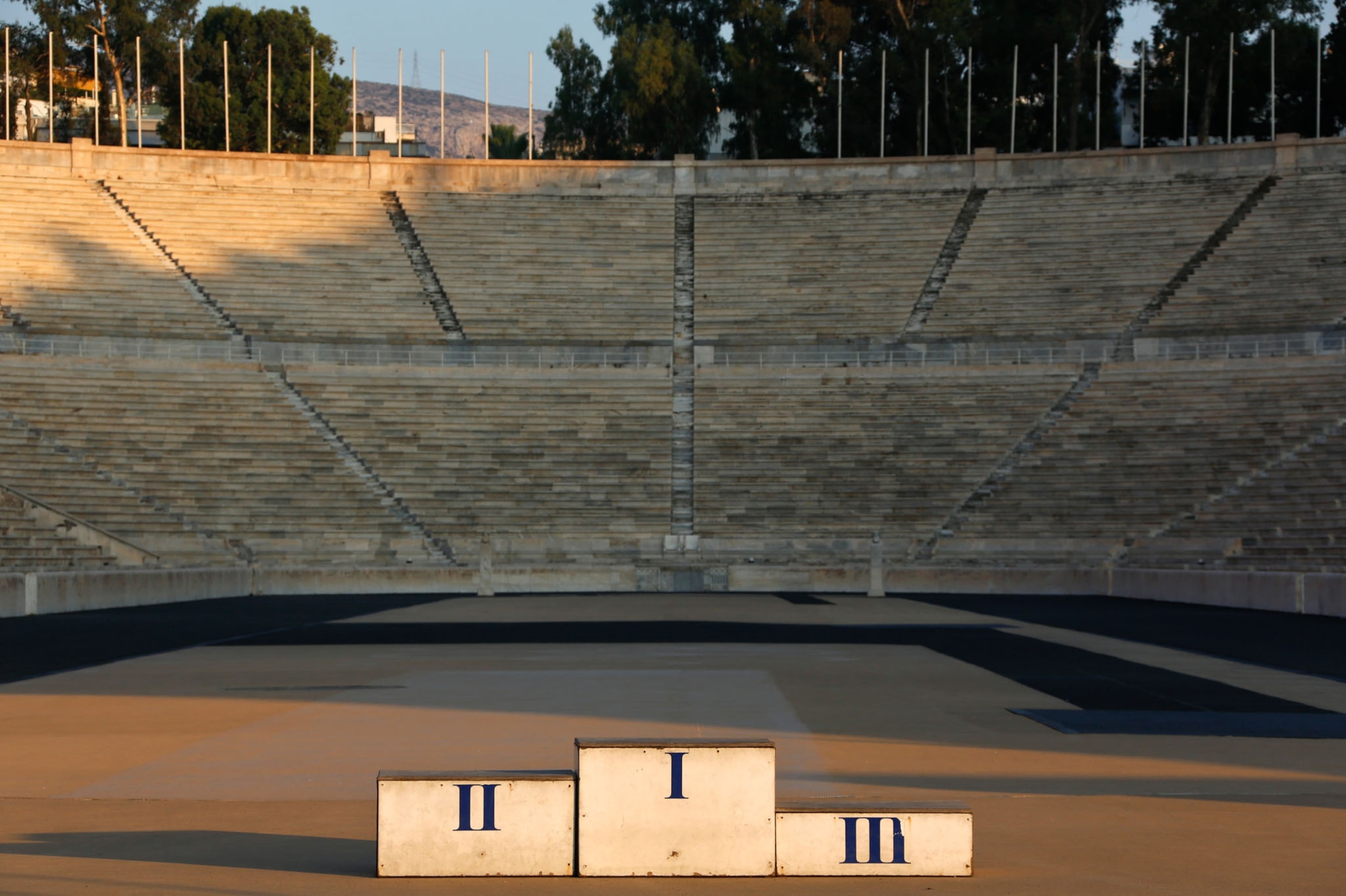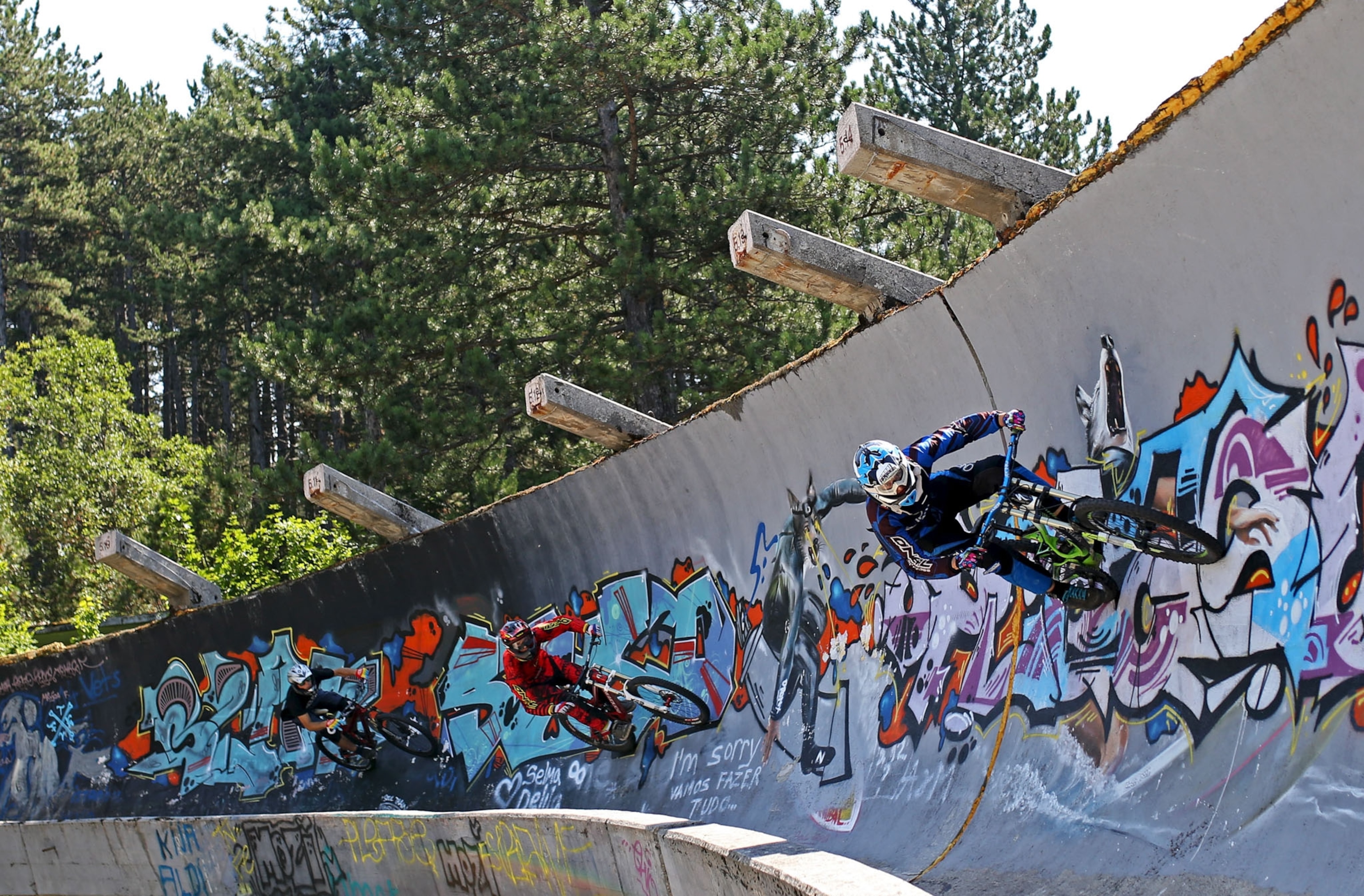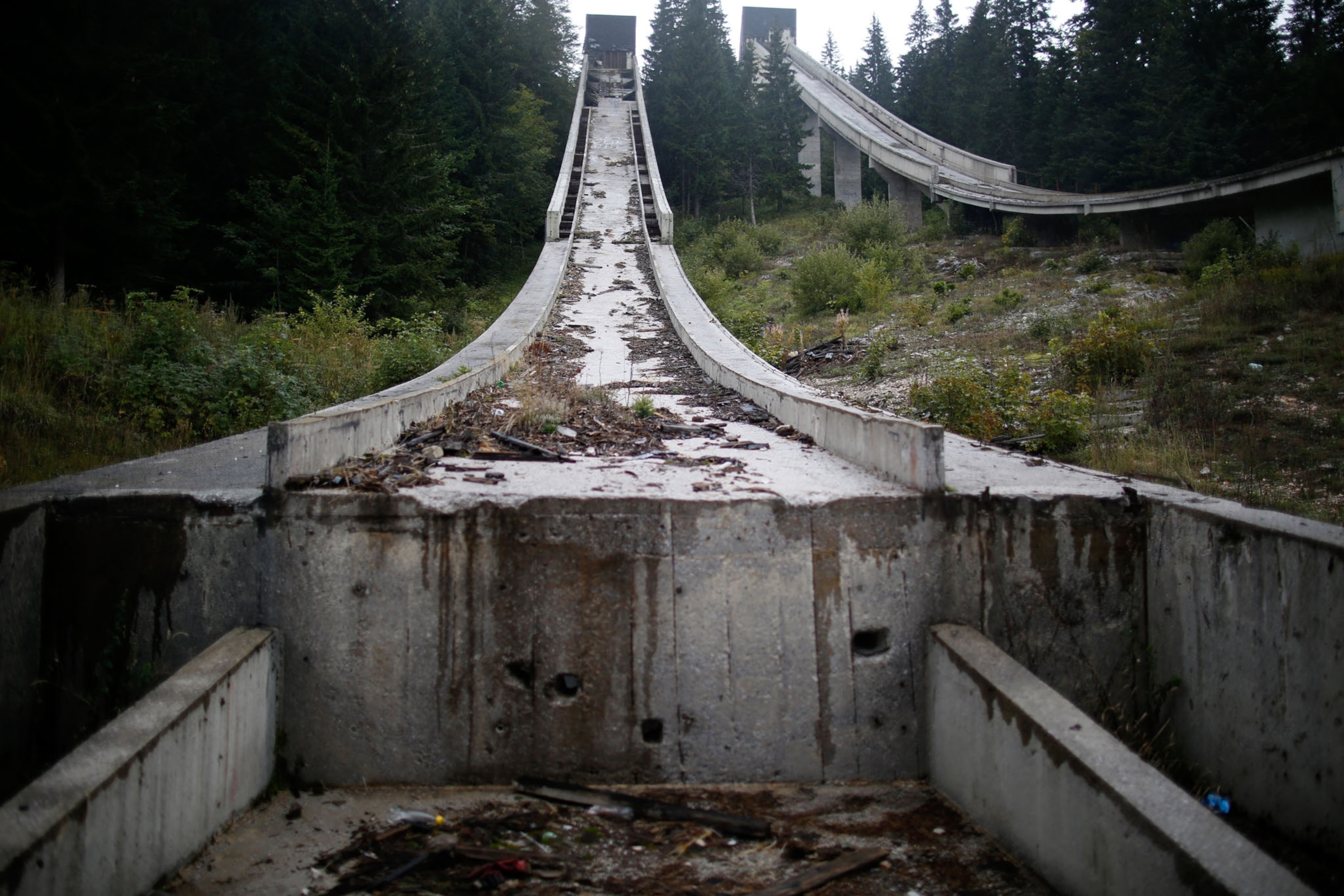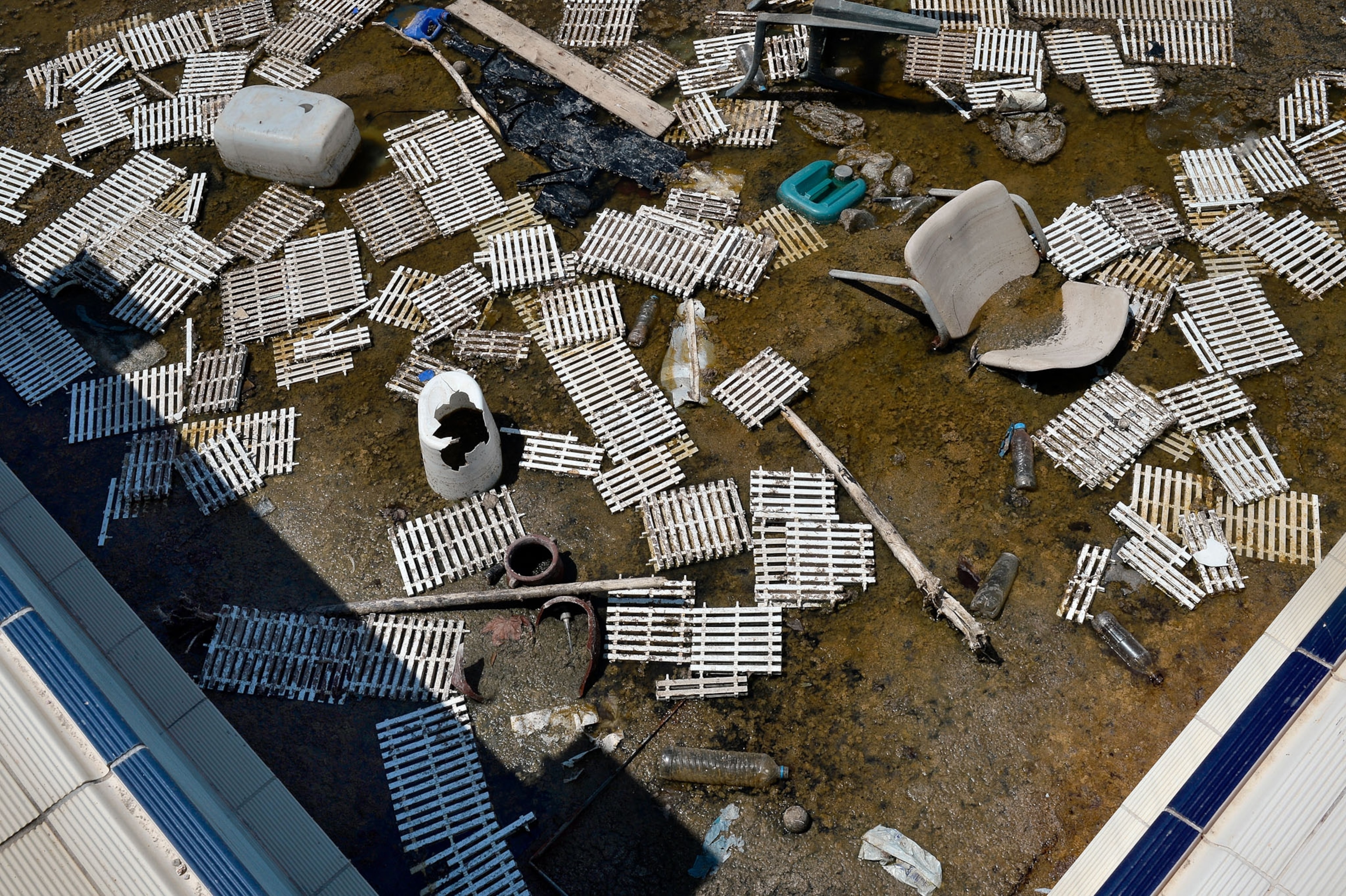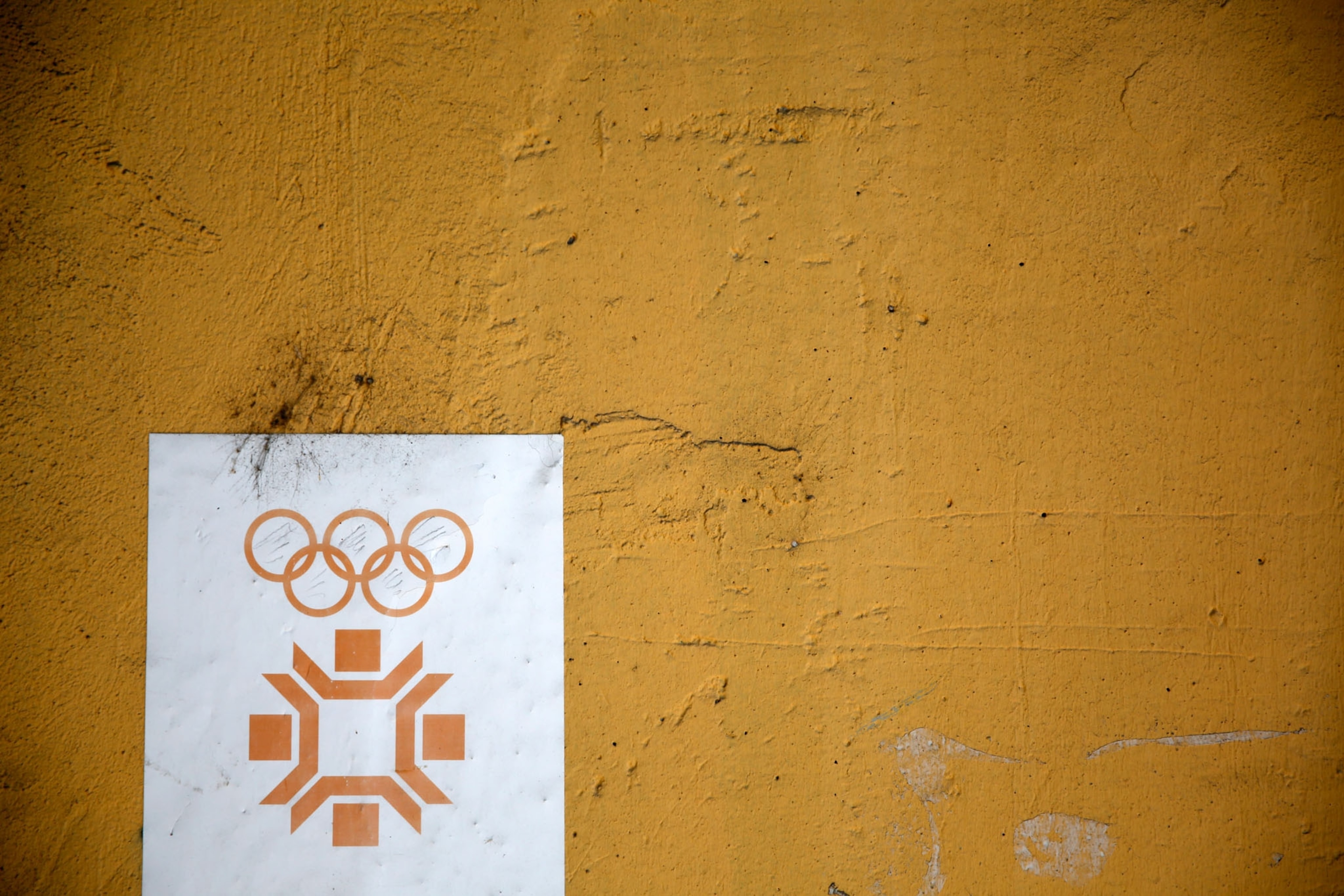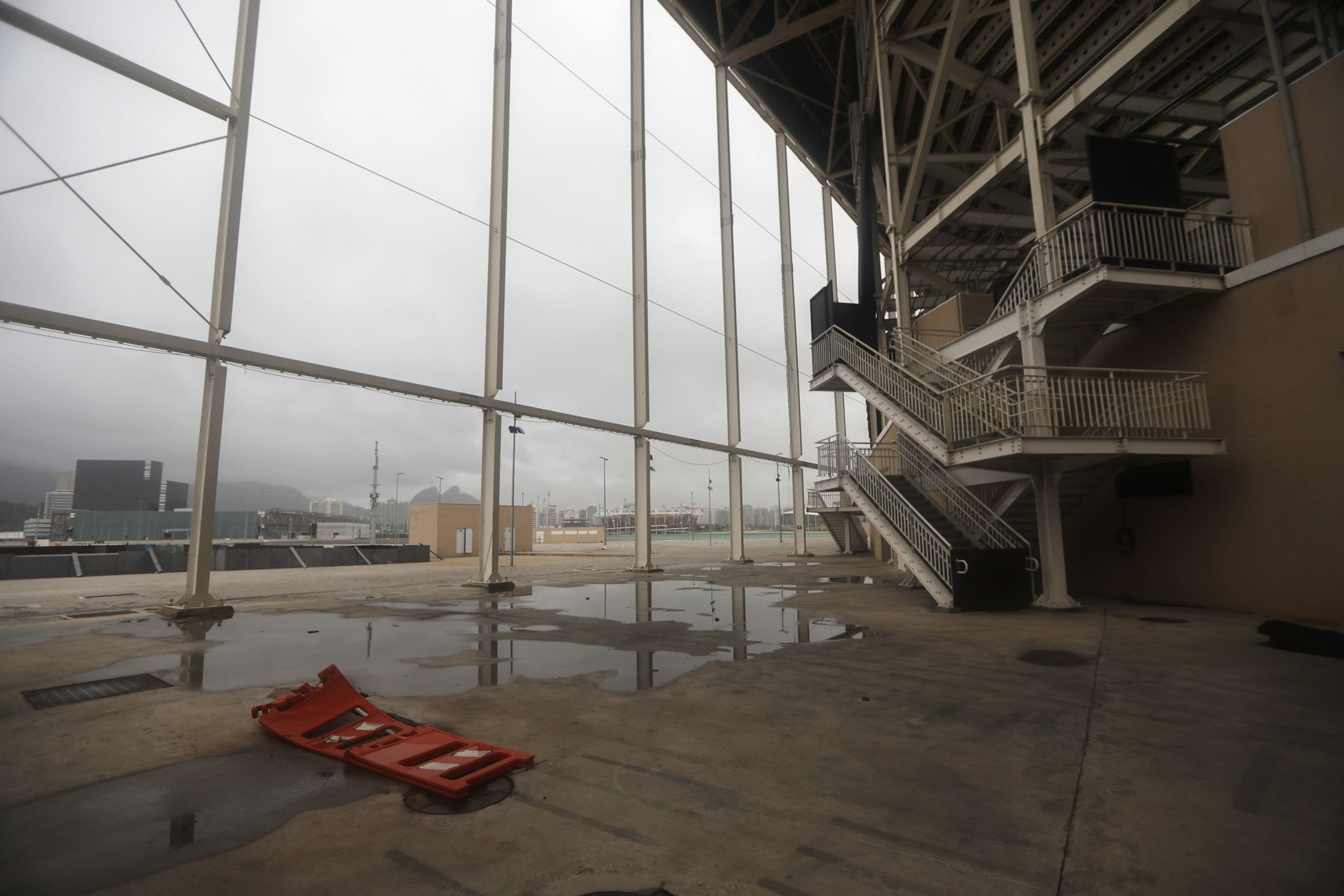Look inside the abandoned stadiums of past Olympics
As we gear up for the 2018 Winter Olympics in Pyeongchang, let's take a look at what's left behind when the sporting events come to an end.
Every two years, bids are made by cities around the globe to the International Olympic Commission (IOC) for the chance to host the Olympic Games. The winner is chosen through a rigorous process that, for one, takes into account whether the city can convince residents that the benefits of hosting the games outweigh the increased taxes that may come with it.
Applicant cities may see the investment as being worth the risk, hoping for increased tourism, international recognition, and continued use of the stadiums built for the games. But while being chosen to host the Olympic Games is still considered a great honor, many cities are now questioning whether it is worth the financial risk, especially in the long term.
The cost of the 2014 Winter Olympics in Sochi, for example, was estimated to be $12 billion. The final cost was around $50 billion, and Russia ended up making only $53 million all in all.
Many of the once-glorious stadiums, ski jumps, and bobsleigh tracks have been left unused by former host cities. These abandoned structures continue to stand, derelict and decaying, many covered in graffiti. (Read about the dark history behind the glittering Olympic Games.)
Sarajevo, the capital of Bosnia, was home to the 1984 Winter Olympics and the first ever winter Olympics to be hosted by a communist state. Less than a decade later, Yugoslavia was fractured by civil war. A site that once celebrated international athletic excellence was now being used as a base of operations for brutal conflict, with prisoner executions carried out on what used to be awards podiums. Today the arena stands riddled with bullet holes—an eerie reminder of two starkly contrasting times in the city’s history.
The modern Olympic Games were incepted in Greece in 1896 (and the ancient Olympics in 776 B.C.). It wasn’t until over a 100 years later that Athens once again hosted the epic games of their own creation. In anticipation of the 2004 summer games, Greece shelled out $15 billion for world-class venues for sports like softball and beach volleyball which are now unused and decaying. (Read about the Olympic Games we no longer play.)
On the bright side, recent speeches from Olympics bid leaders have made less of a point to tout promises for state of the art sound systems or unnecessary luxuries, instead focusing on the power of the games to bring people together. Future Olympics host cities—Los Angeles in 2024 and Paris in 2028—will be the first to complete an entire bid cycle under the IOC’s Agenda 2020, designed to increase sustainability and feasibility for future bid cities.

